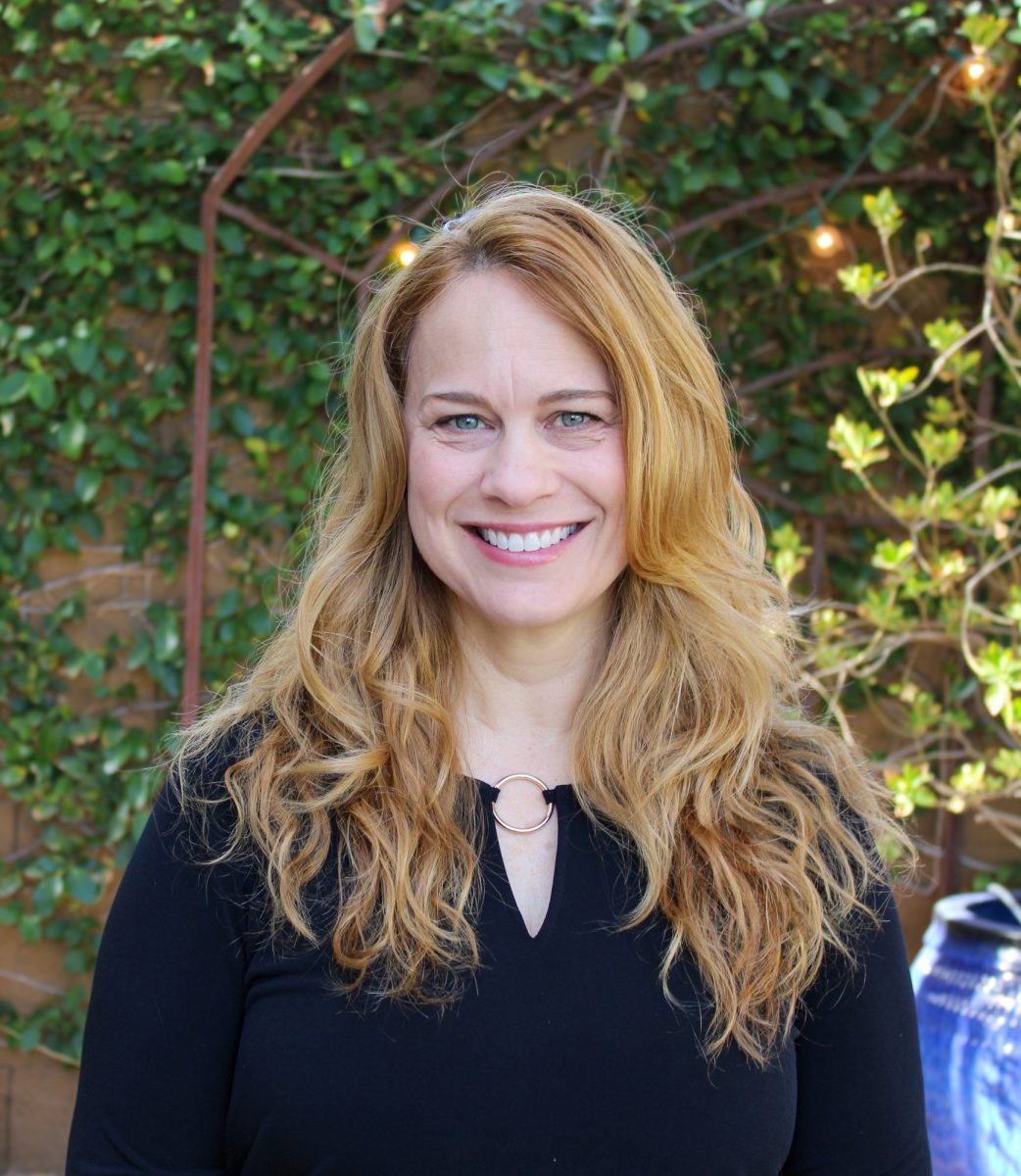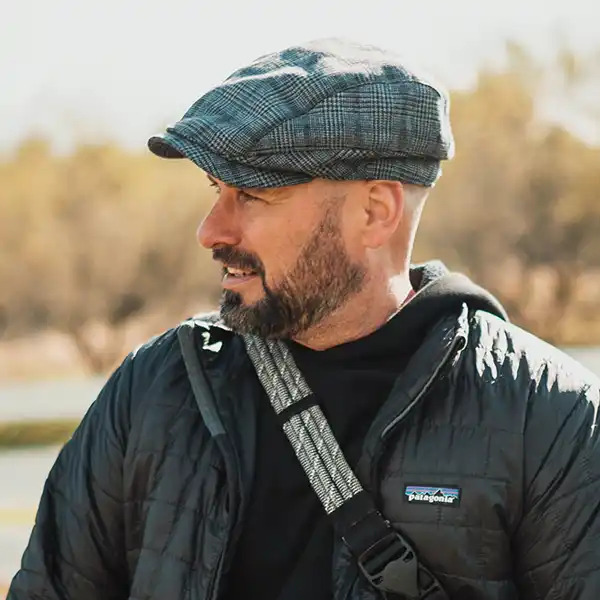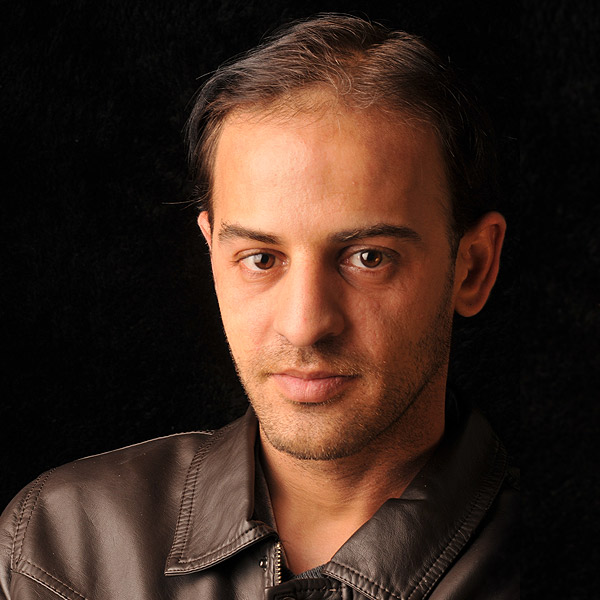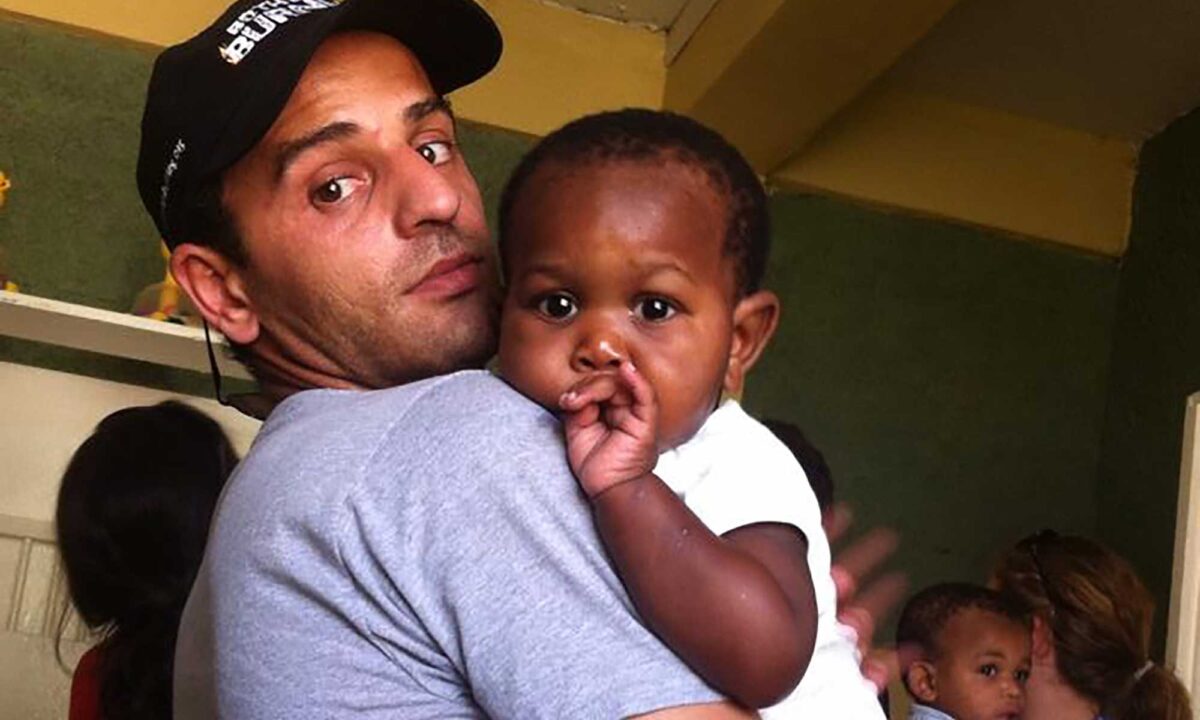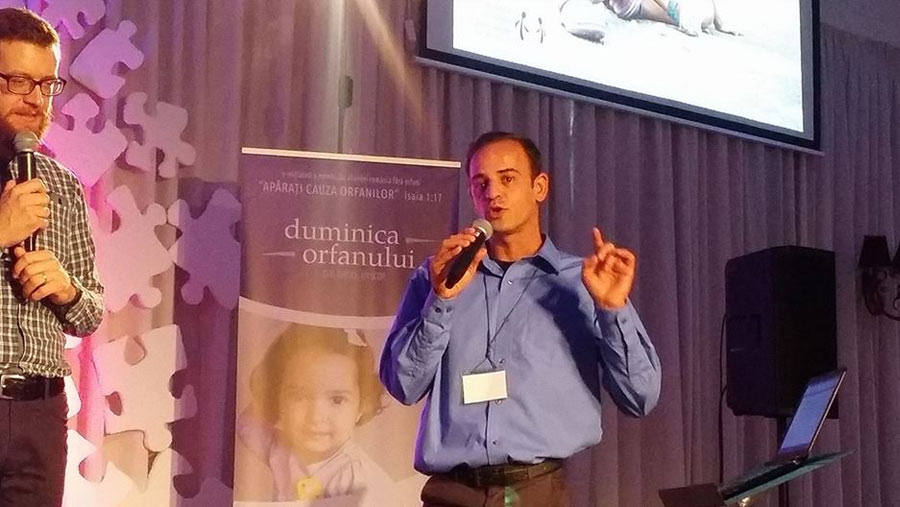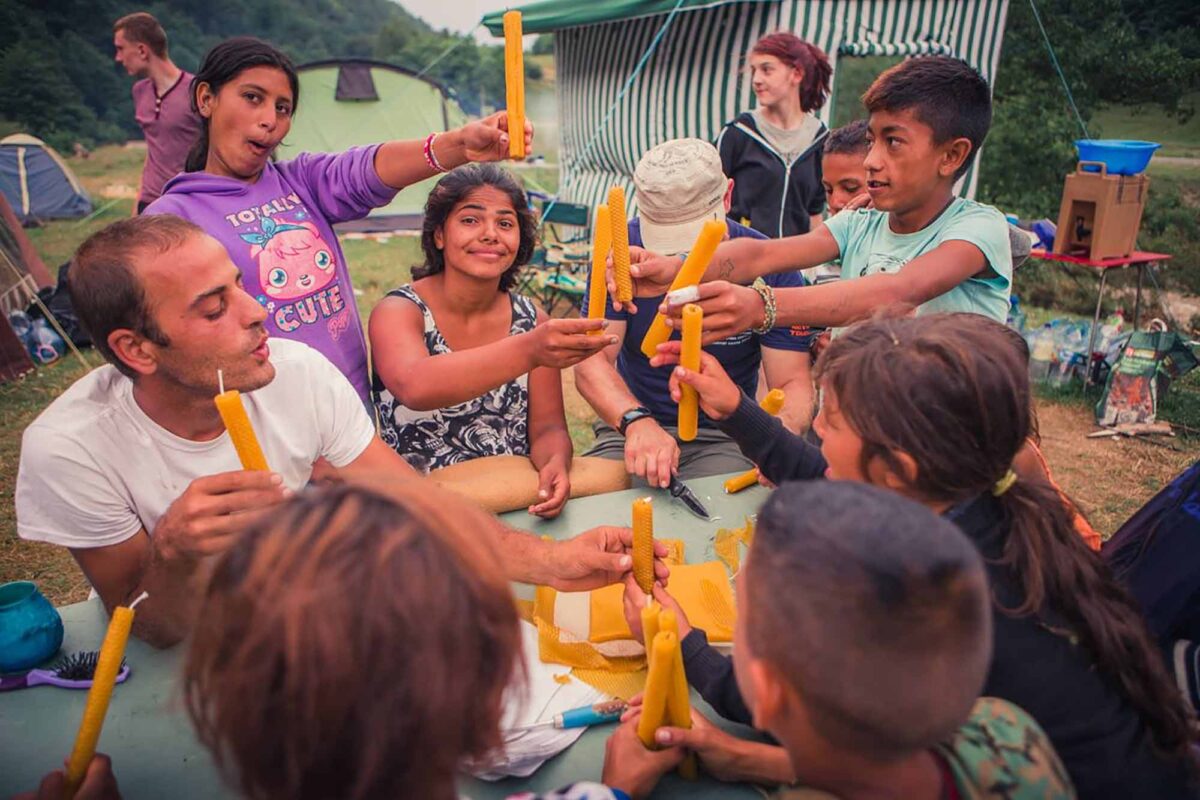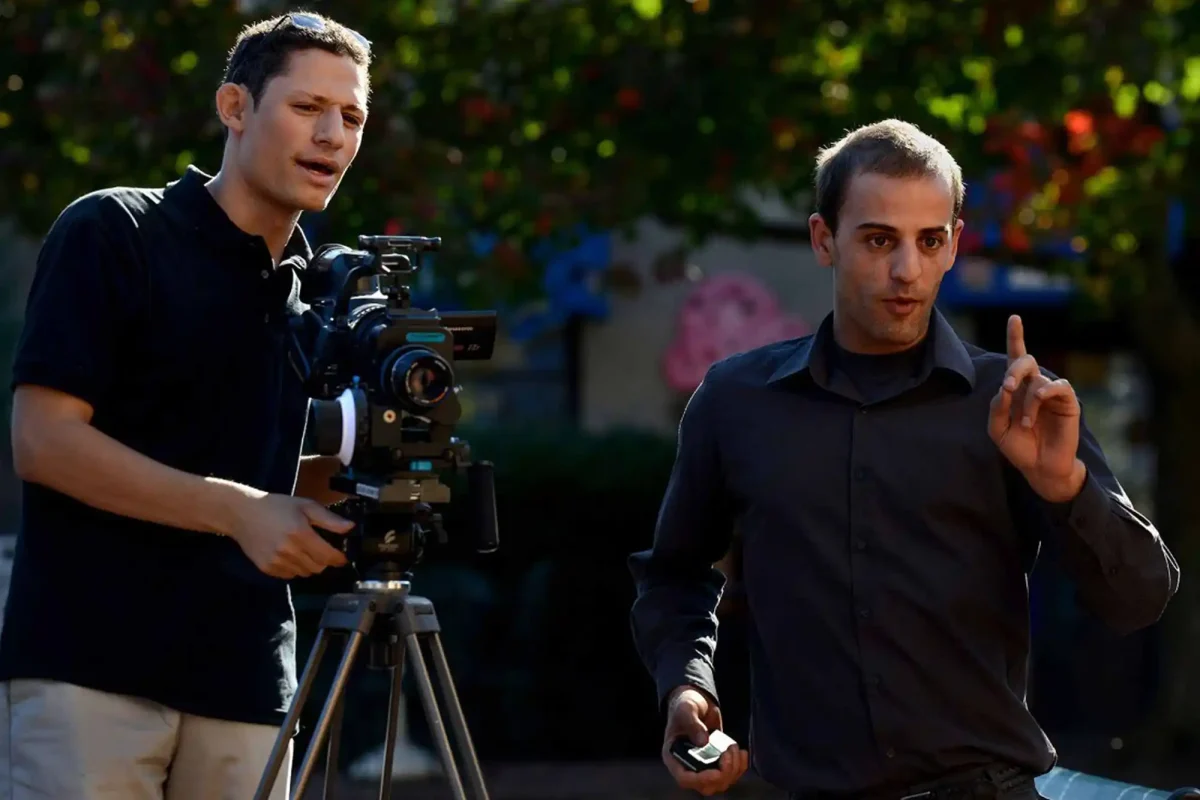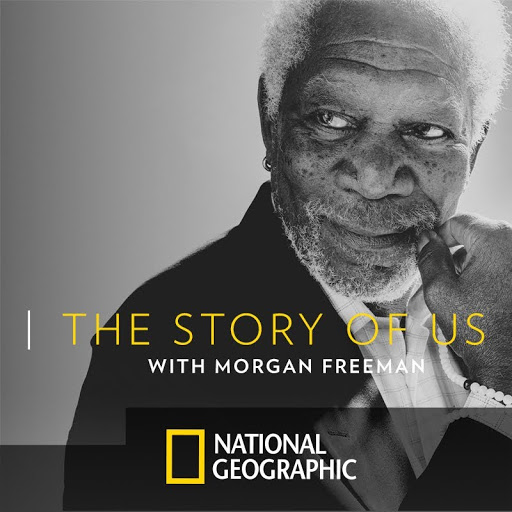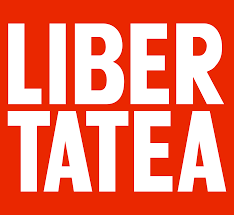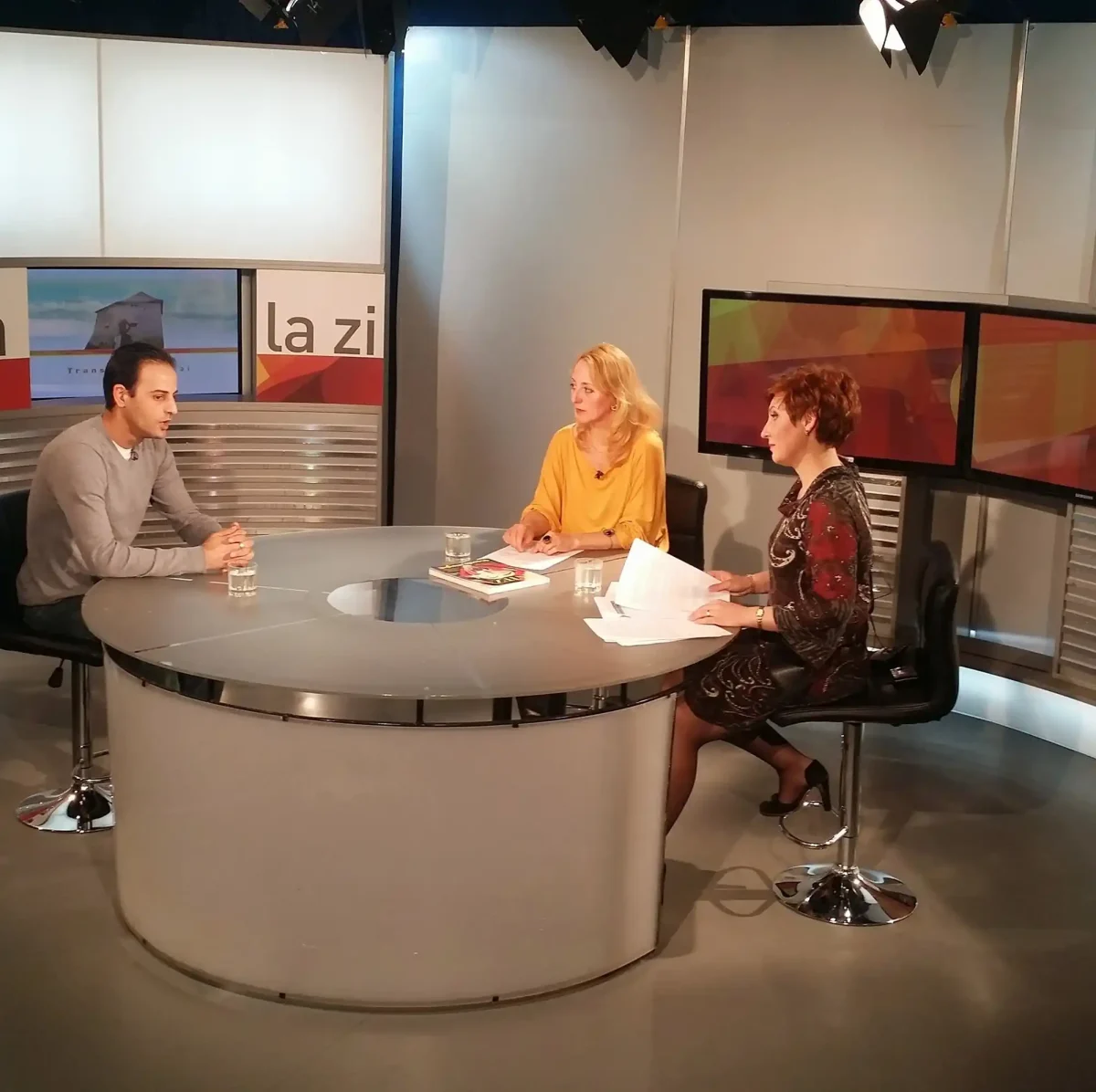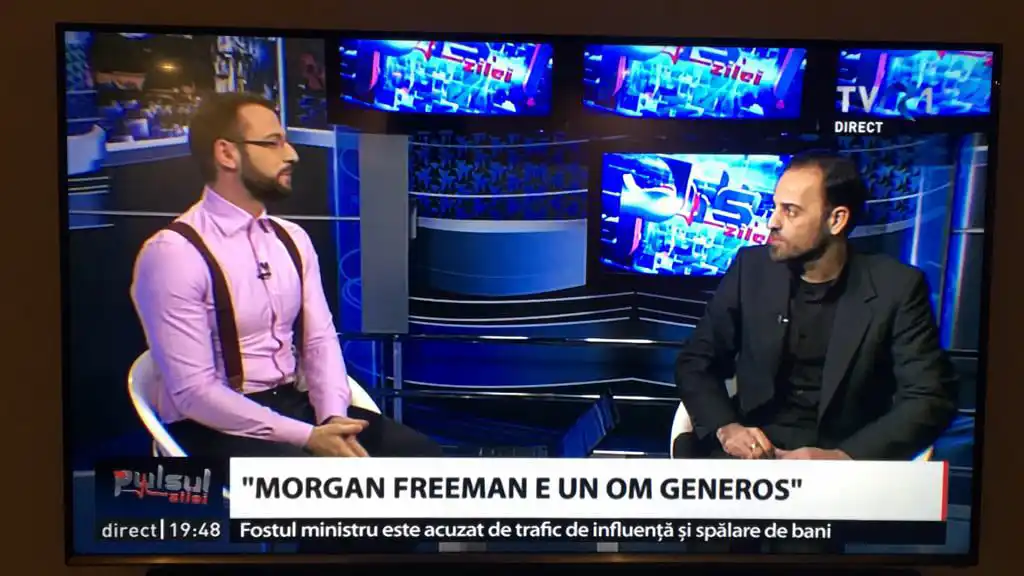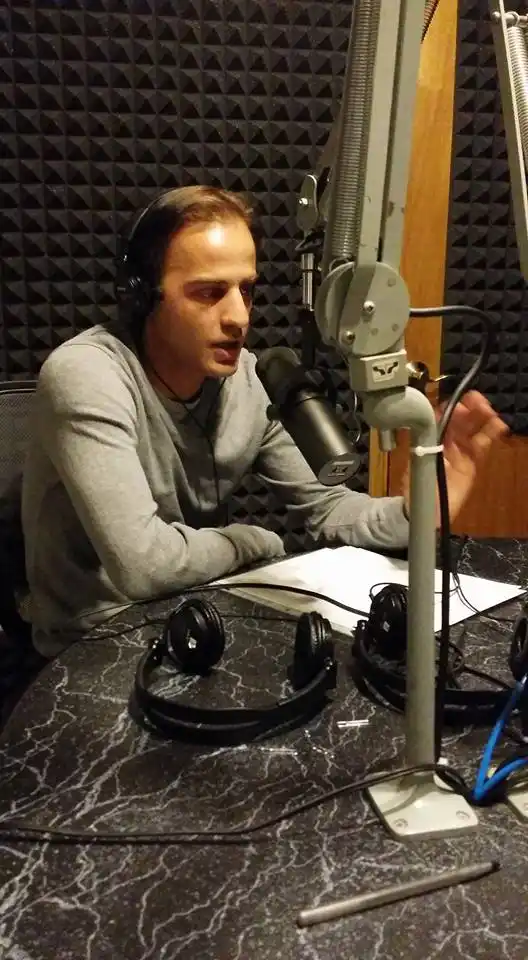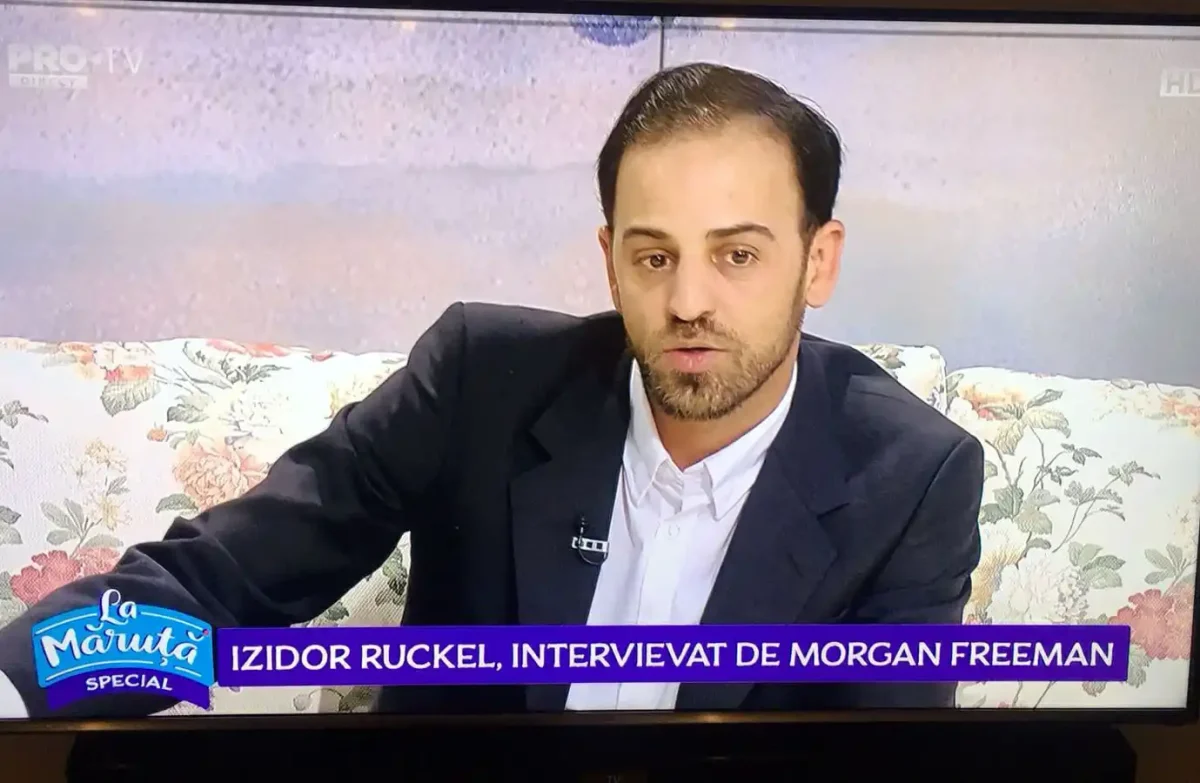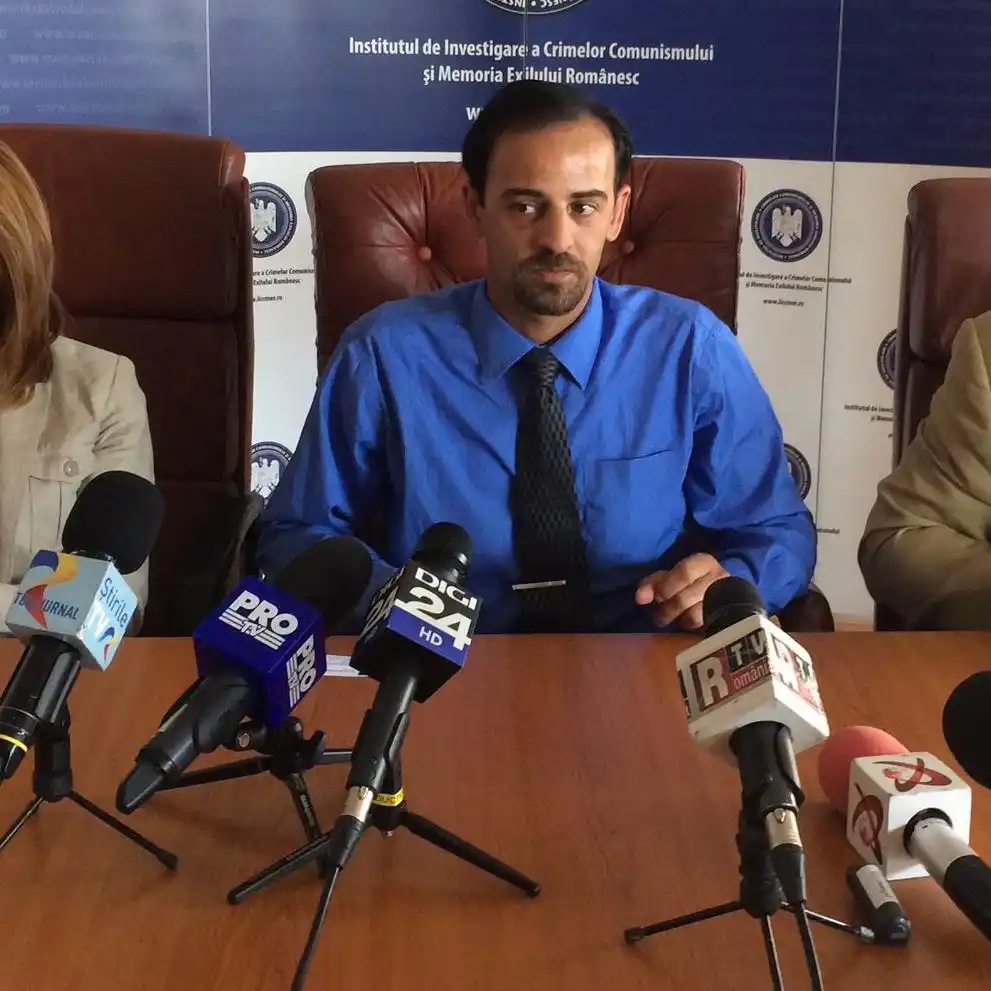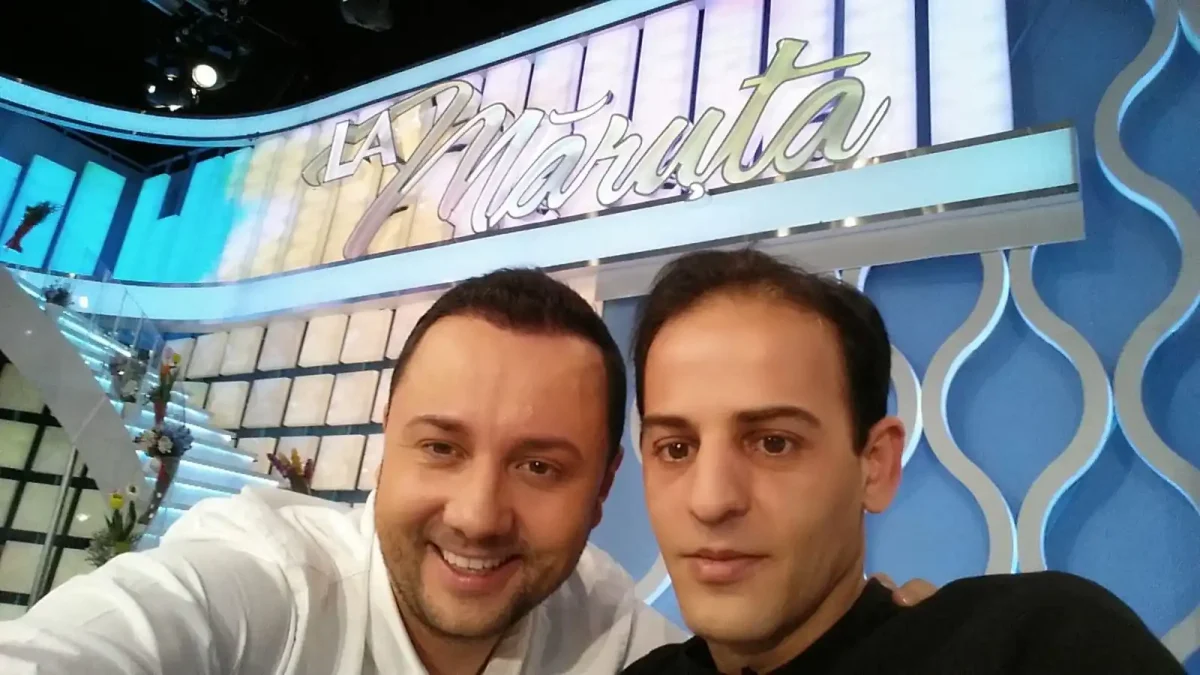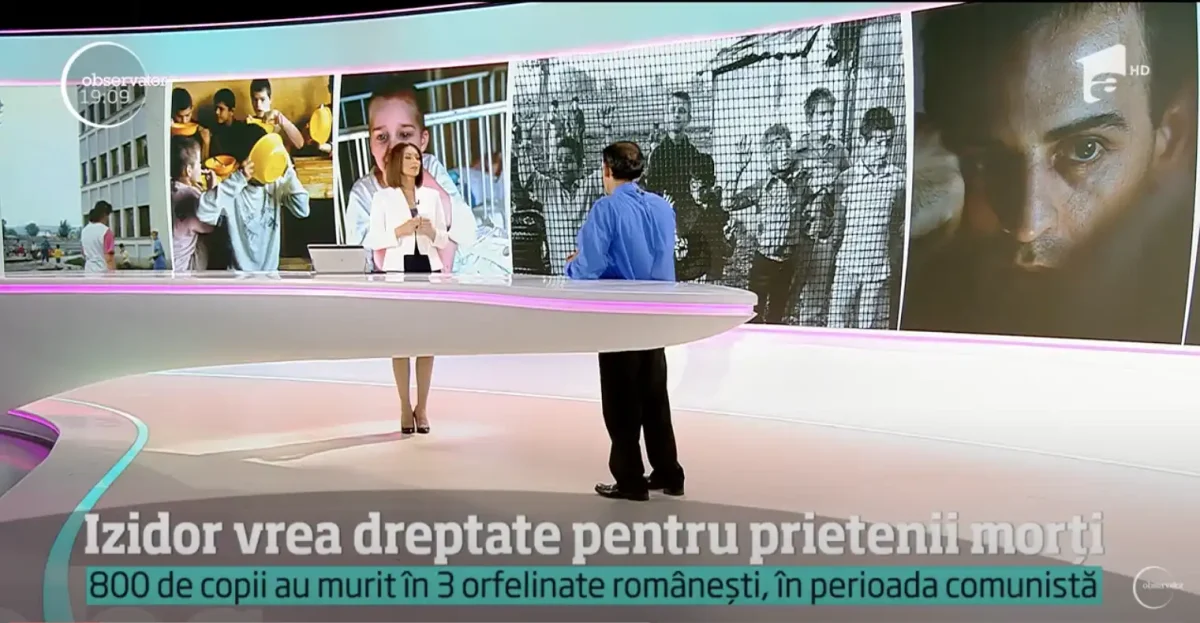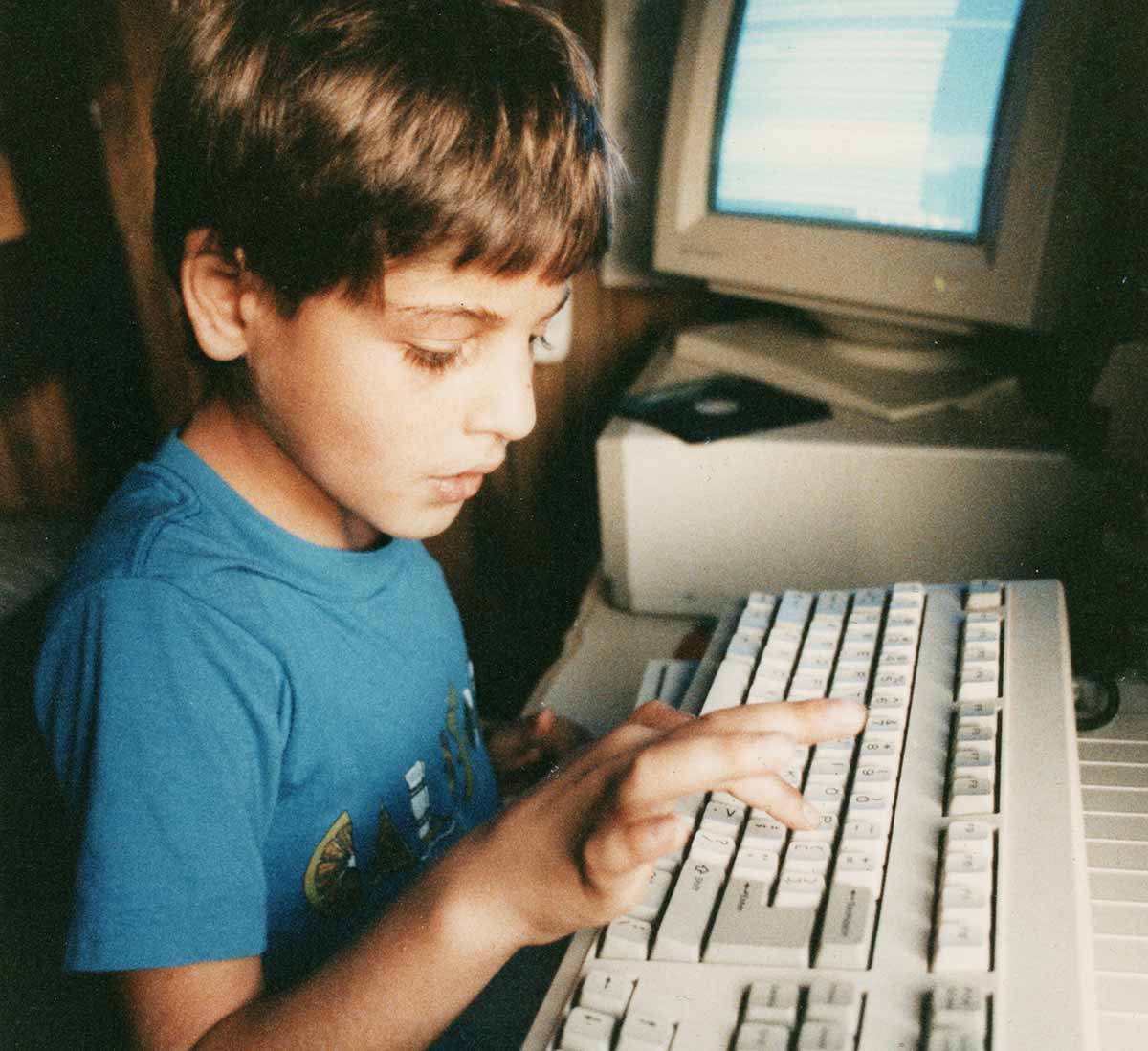Our Why
Producer’s Statement
Sarah Padbury
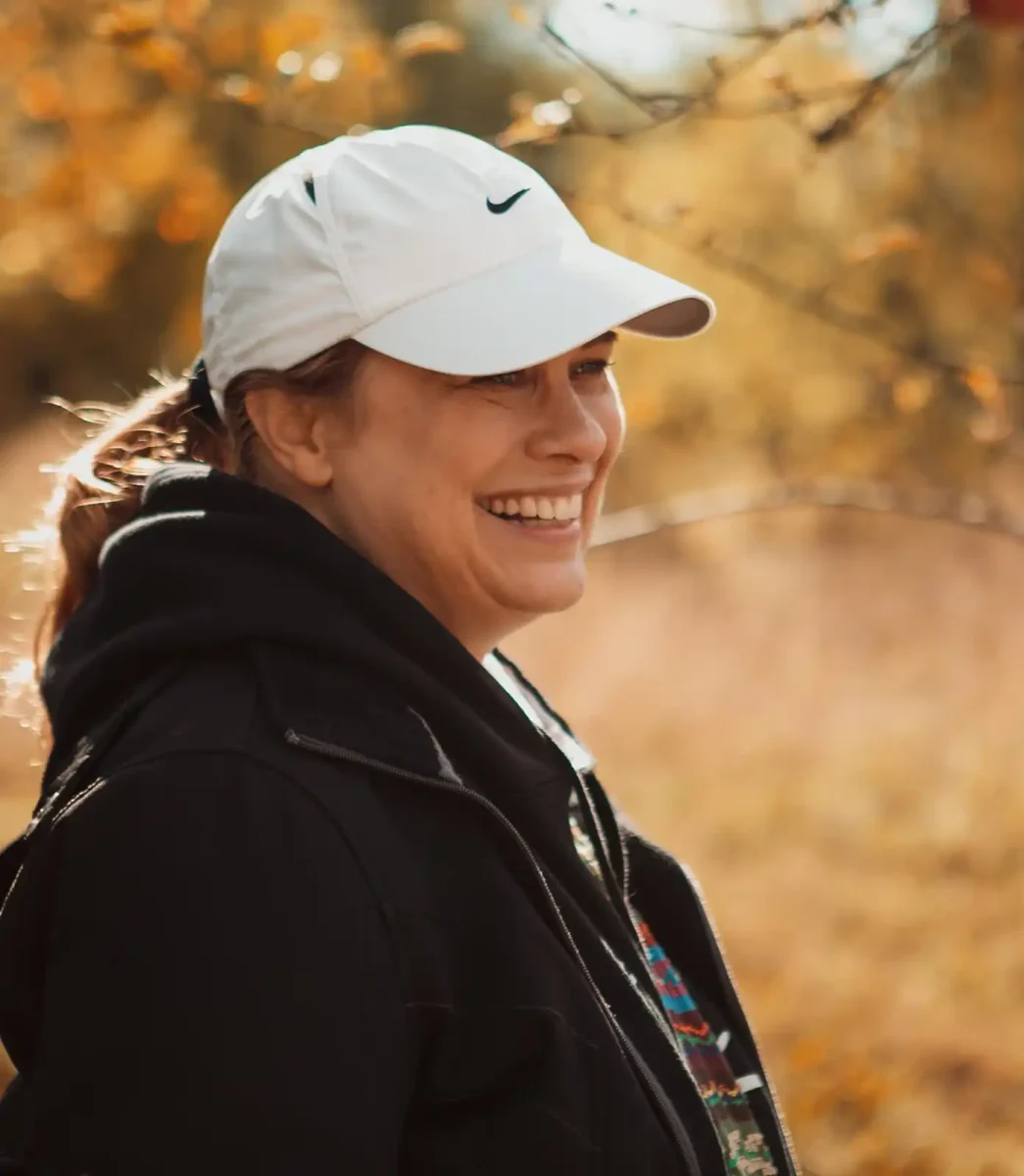
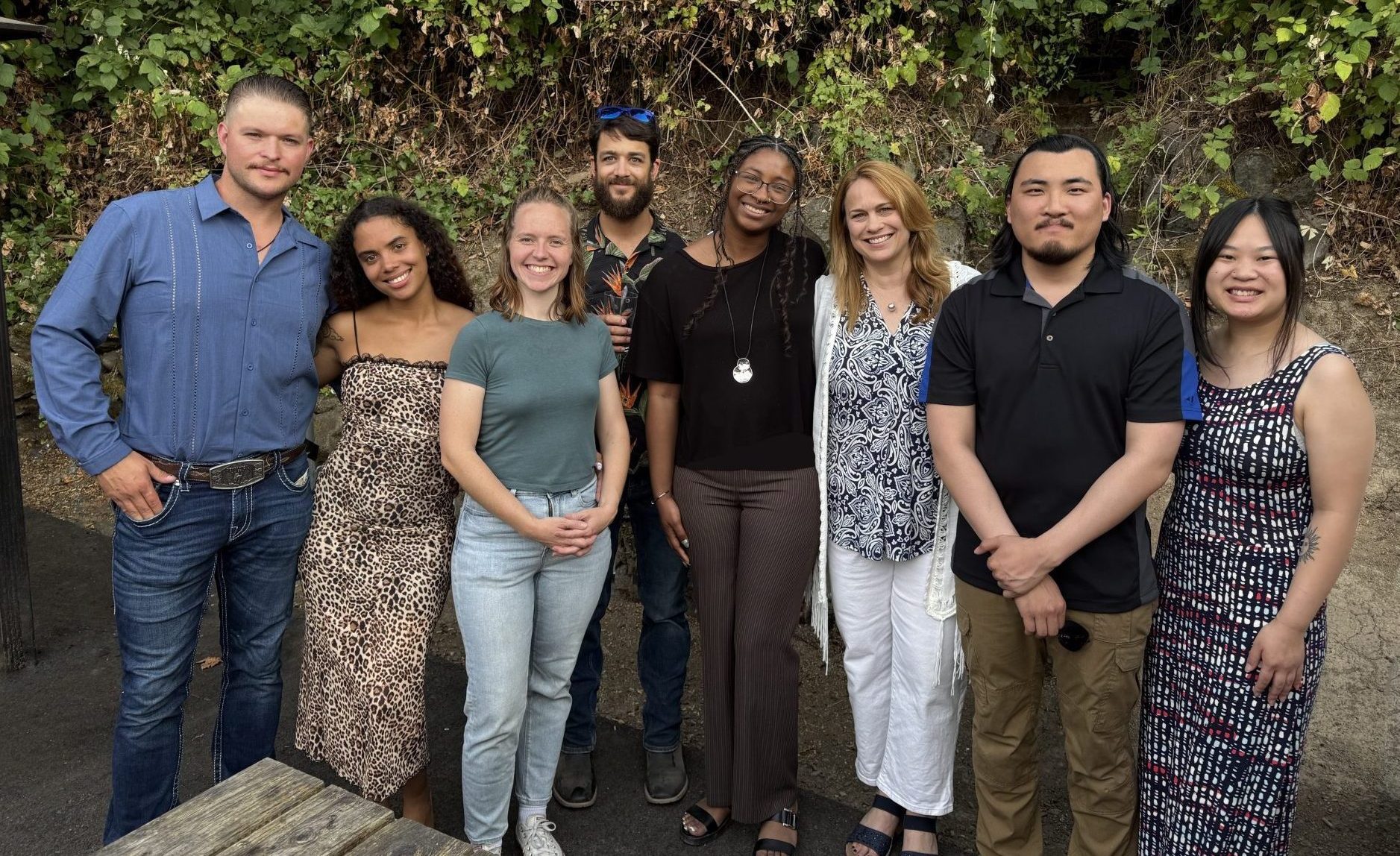
As Mom to seven children, all of whom joined our family through adoption, I am driven to give voice to children who are missing a mom to speak up for them. I am also passionate about writing, film, and acting. Promoting Izidor’s story brings together my talents to advocate for children beyond my own family.
I met Izidor Ruckel in a coffee shop a dozen years ago. We began collaborating to help vulnerable children around the globe. This led to traveling to Romania to research and write both a short film and a limited series about Izidor’s extraordinary life. Putting his story on screen will inspire and educate more people than a lifetime of speaking engagements, bringing hope and help to millions.
Portraying the day Onisa took Izidor home presents our message in one powerful anecdote everyone can relate to: the need to belong. IZIDOR is a success when it moves viewers to help neglected children experience belonging in this world, because to belong is to truly be alive.
Director’s Statement
David Kabbe
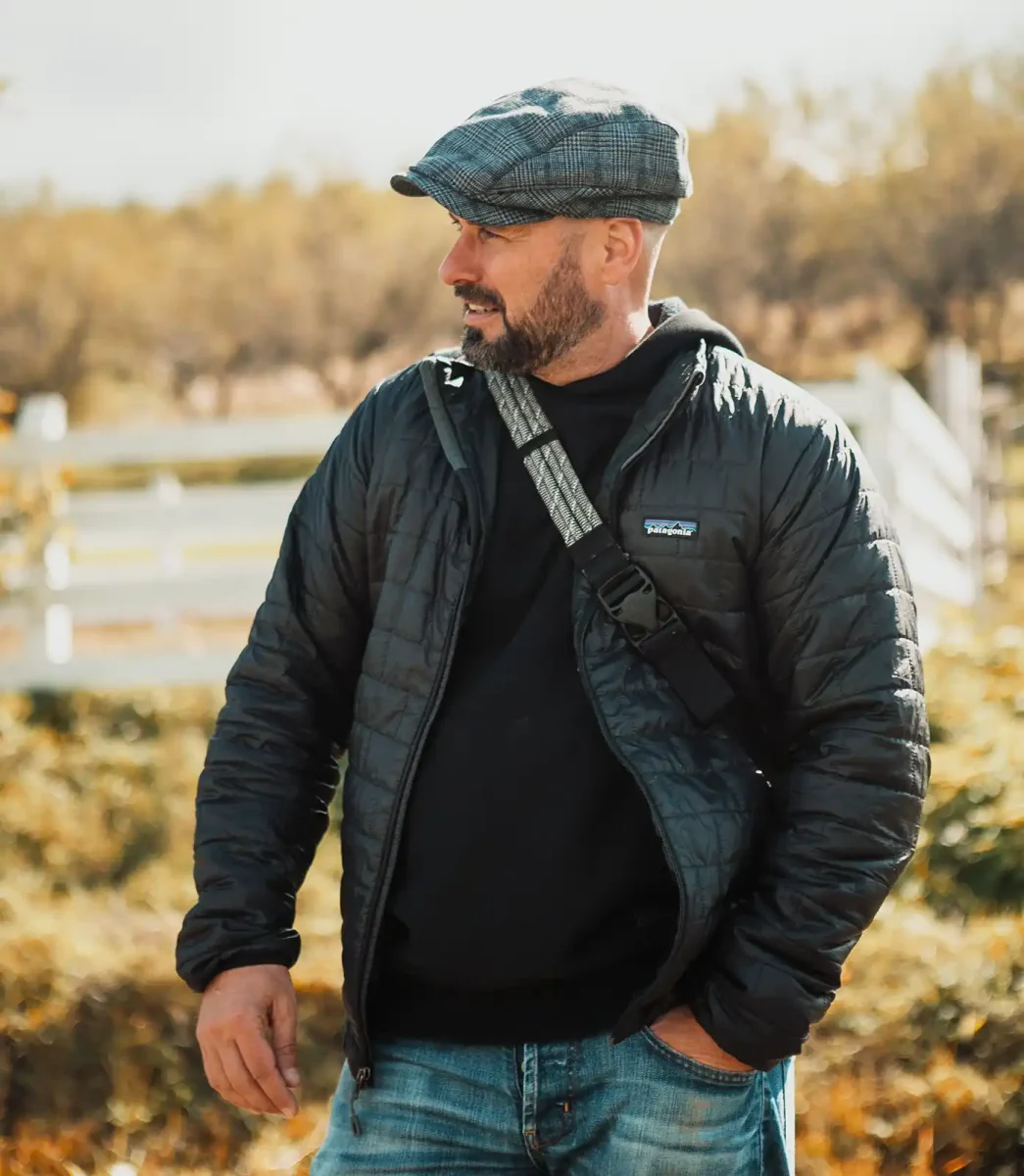
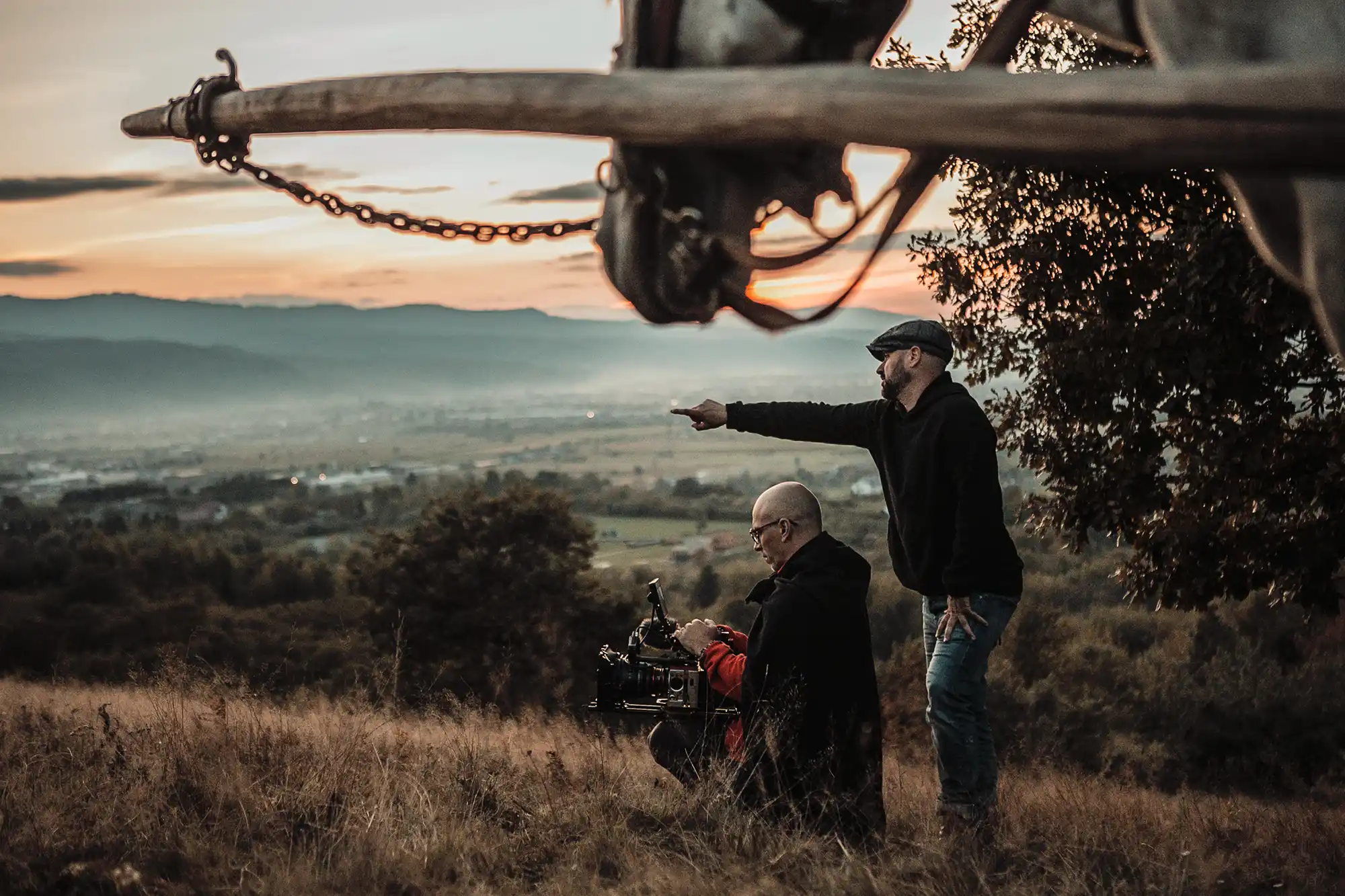
Sometimes the best stories find you. I have traveled and documented stories of survival and resilience in some of the most desperate circumstances in this war-torn world. I wondered how these stories could ever be made into films. They are too hard, too real, too sad.
In 2015, I met Izidor Ruckel and Sarah Padbury who wanted to bring Izidor’s personal story from script to screen to help children and families. They asked me to read Izidor’s autobiography and research the mountain of news coverage about his life. When I reached the story about a nanny who took him outside for the first time at eight years old, I was so moved that I had to put the book down and take a long walk. There are just too many stories of children in situations they shouldn't have to endure. How many more stories like this do I have to read, witness, or document?
Five years later, the memory of that feeling was still with me when they asked me to be a part of the development of a beautiful series about Izidor's life. After many conversations, we kept coming back to this one crucial event: going "outside." It became clear it isn’t just a story we should tell; it is the story we MUST tell.
Source Material
Izidor Ruckel
Author, Speaker, Advocate
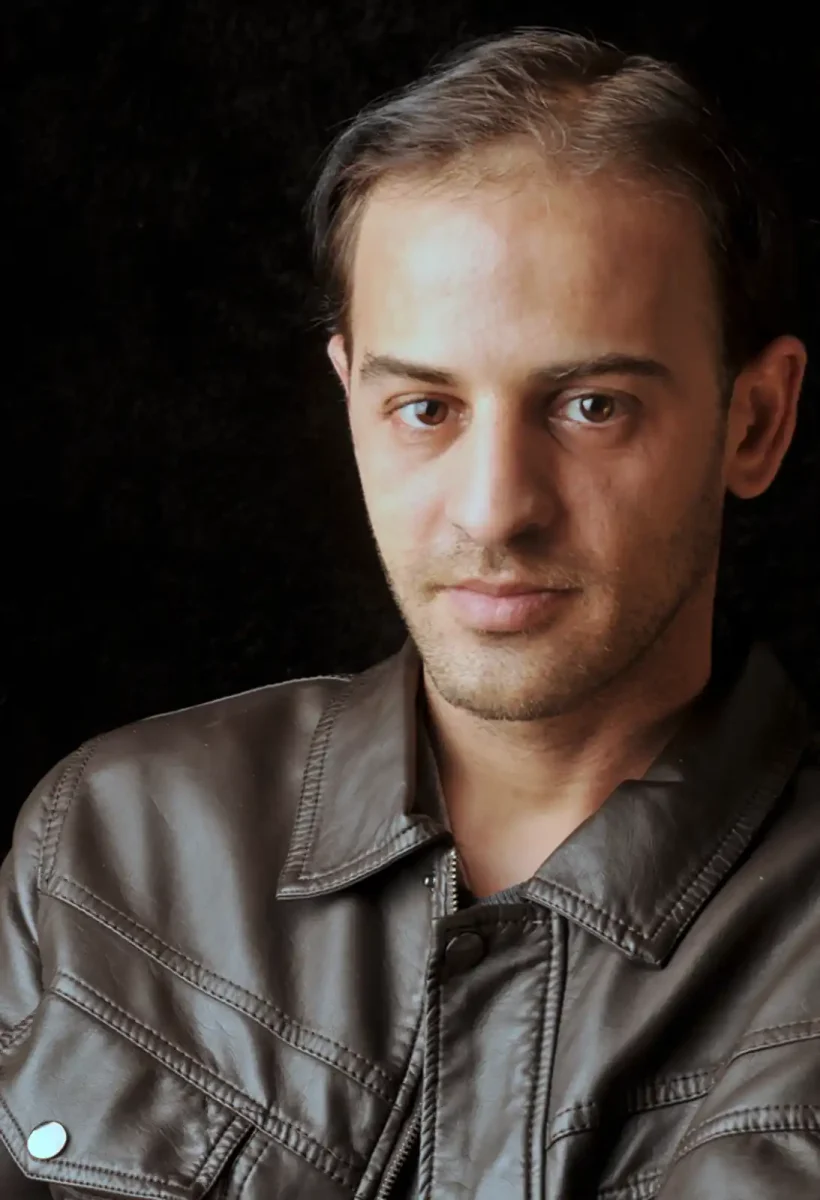
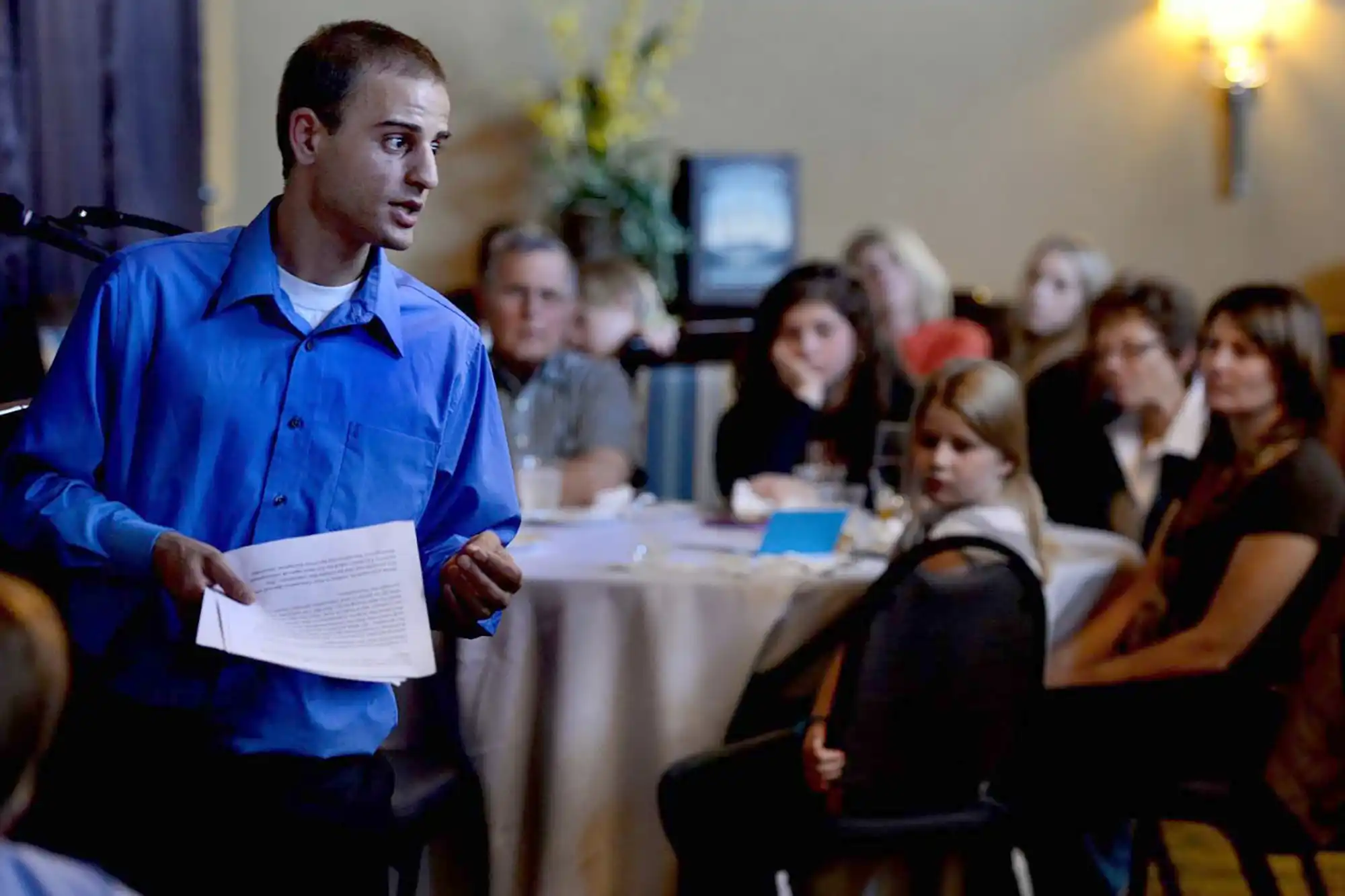
IZIDOR is based on an awakening event in Izidor Ruckel’s childhood as revealed in his autobiography, Abandoned for Life. The book recounts his life as a neglected Romanian orphan, ensuing adoption by an American family, and ongoing struggles as an adoptee. Izidor uses his story to advocate for vulnerable children, changing hearts and inspiring initiatives to better care for at-risk children and people with disabilities.
Izidor has presented to adoptive parents, college students, churches, nonprofits, and government policymakers across the United States and Romania about the effects of institutionalization on children. His hands-on involvement includes mentoring at a facility housing HIV positive patients, volunteering at a care center for abandoned elders, and serving at a Haitian orphanage. He also regularly fields calls from distressed adoptive families looking for support.
Izidor’s 30+ Years of Press Coverage
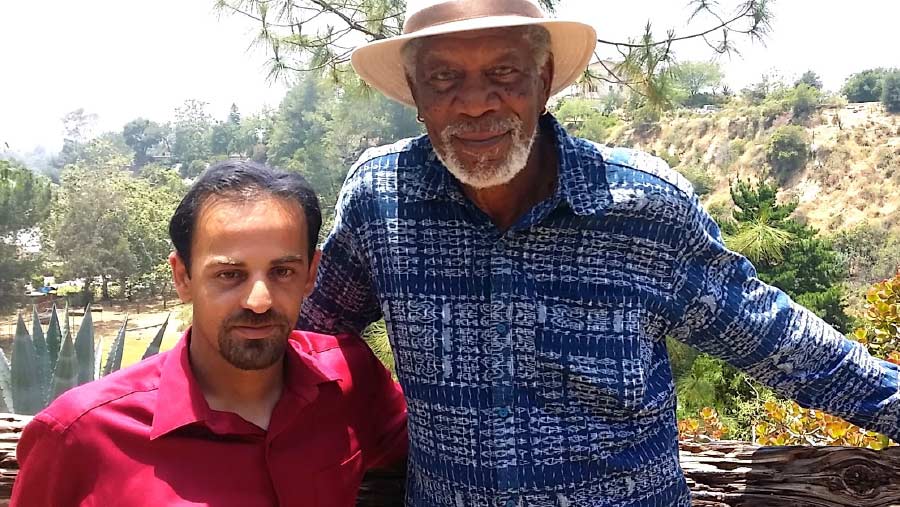
HISTORICAL BACKGROUND: For twenty-four years, Romania’s communist dictator Nicolae Ceausescu pressured families to have at least five children in order to build his army. Meanwhile, he stripped the population of resources to care for them. In December 1989, Romania’s citizens, inspired by the fall of the Berlin Wall, launched the Romanian Revolution. Ceausescu was arrested, tried and executed for crimes against humanity. Western media poured into the country and discovered tens of thousands of maltreated children in secret government “hospitals,” including 10-year-old Izidor.
OUTCOME: Dozens of global media outlets have featured Izidor’s story, drawn by his place in Romanian history and as a poster child for “the orphan.” But Izidor always leads the discussion away from the past and to the future: What can we do to ensure that today’s vulnerable children are protected, cherished and treated with dignity?
Click the image below to view/read Izidor's press coverage:
